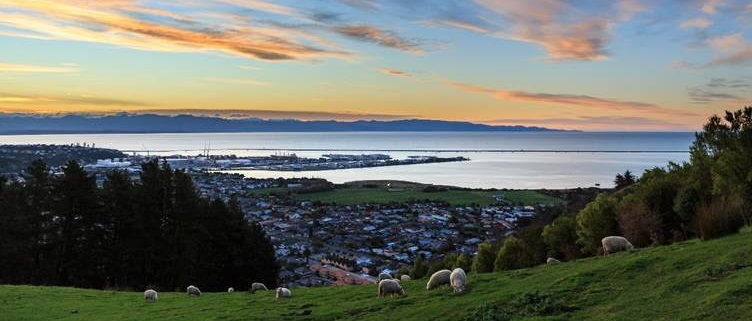News
NZARES Conference 2025 - Nelson
"The Challenges Ahead"

|
The 2025 NZARES conference, sponsored by DairyNZ and MPI, will take place at the Beachside Conference Centre in Nelson on 28-29 August 2025.
The event will include panel discussions on science funding, climate change adaptation, and future food systems,
as well as contributed paper sessions, an Early Career Researcher session, and an AARES speaker.
Key highlights include:
- Robin Johnson Memorial Session with Alan Renwick (Land Use Change)
- Panel discussions featuring experts such as Jacquelin Rowarth, Catherine McLeod, and Ilan Noy
- After-dinner speaker: Wayne Langford, Chair of Federated Farmers.
|
SOME KEY DATES
- Call for abstracts: April 2025
- Conference registrations open: April 2025
- Last day for early bird registration: 12 August 2025
- Deadline for abstracts: 30 June 2025
- Deadline to submit paper for ECR or Best paper award: 18 July
- Conference: 28-29 August 2025
Upcoming Awards
NZARES Post-graduate Awards
Each year NZARES offers up to three awards of $1,500 each to NZ-based post-graduate students with a study programme whose primary focus is:
agricultural economics, natural resource economics, environmental economics, farm management, development economics, agricultural systems, or
agricultural extension. A ‘graduate’ student is defined as a student enrolled in a 4th year honours course and above. The student needs to
present their work at the NZARES conference they are awarded, irrespective of the stages of their research.
Nominations (through the Universities) are called for in March/April via Universities, and an NZARES sub-committee will make selection
will be made by the end of May. Prospective applicants are advised to check in with their Head of Departments who can nominate them.
The deadline for application is 5pm Friday, 16th May 2025. More information including eligibility criteria is available
here.
NZARES Conference Paper Awards
NZARES offers two awards of $200 each for conference papers presented at the NZARES annual conference usually held in August –
the Best Paper Award and the First Time Presenter Award. Conference paper award guidelines are available
here.
To be eligible for these awards, nominees must submit an abstract for the conference, indicate which award(s)
they would like to be considered for, and submit their full paper three weeks before the Conference.
AARES 2025 Conference - Highlights
The 69th Annual Conference of the Australasian Agricultural and Resource Economics Society (AARES) was held from 11-14th of February 2025 in Brisbane,
Queensland under the theme "Meeting the Challenges of Transition to a Sustainable Future". The conference addressed critical issues such as decarbonisation,
biodiversity preservation, food security, and the governance of emerging technologies. Preceding the main conference, three pre-conference workshops were
held on February 11: "Improving Research Partnerships Between the Public and Private Sectors to Enhance Food System Transformation", "The Economics of
Improving Management of the Great Barrier Reef" and "Resources Transitions and the Queensland and Australian Economies". A series of mini-symposia and
special sessions, along with keynote addresses from distinguished speakers, facilitated in-depth discussions on the multifaceted challenges and opportunities
in transitioning to a sustainable future.